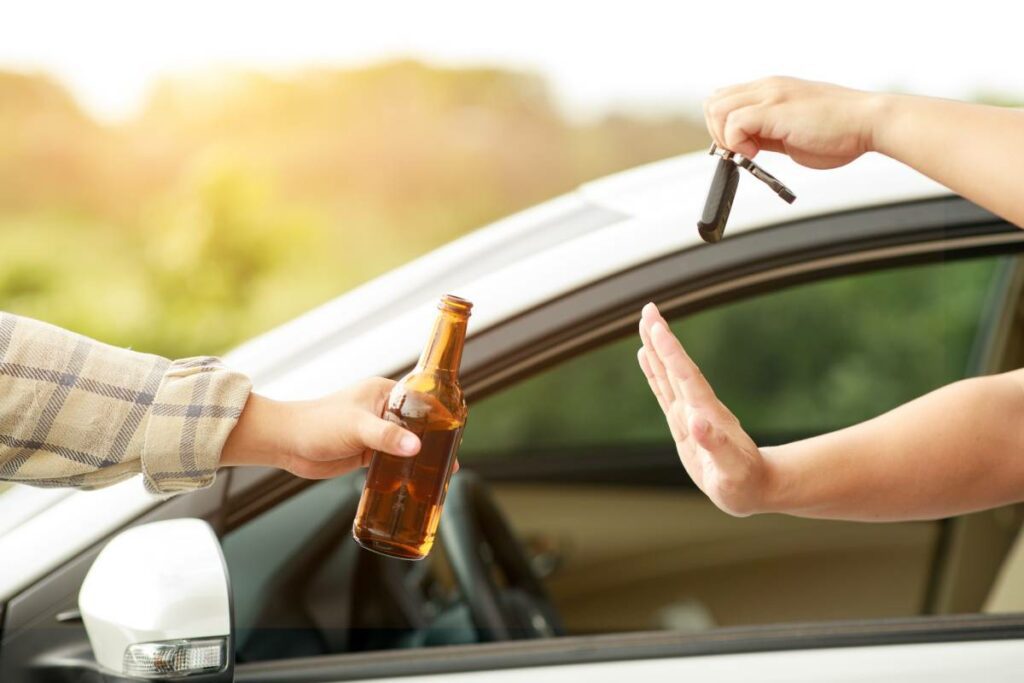If you are hoping to get back on the road, you may have many questions for a license appeal lawyer. The best thing you can do for yourself is to ask one! The more you know about your options and the license restoration process, the more you can help the lawyer help you.

Following are some of the questions you should ask your license appeal lawyer, along with the general answers based on my own experiences in this specialty.
1) How long does the license restoration process take?
You can begin the process after you complete your minimum license suspension or revocation period, which can be anywhere from 6 months for a suspension after a first DUI to 5 years for a revocation after multiple DUIs. While that’s the minimum period, in actuality a revocation period doesn’t end; it’s indefinite until you make efforts to get your license back. That being said, the license restoration process itself typically takes at least 3 to 4 months.
2) What if I have multiple drunken driving convictions? Can I still get my license back?
With some work — such as attending substance abuse classes and avoiding situations where you may be tempted to drink — you should be able to show the license restoration board that you will never drink and drive again. In my case, I have won 95% of the license restoration cases I have handled, and many of those clients have had three or more drunken driving convictions.
3) What do I have to prove to the license restoration board in order to get my driving privileges restored?

The board will ask multiple questions and require several documents, including drug screenings and letters of support from people in the community. Overall, the board will have its eye on four overarching issues:
- That you have quit drinking.
- That you have been sincere in your efforts to make better decisions in your life.
- That you, with the help of supportive people in your life, are committed to avoid drug and alcohol use in the future.
- That you have followed the rules of your suspension or revocation, such as using an ignition interlock device as required.
4) Do DUIs expire on their own?
A DUI would stay on your record for five to 10 years in some states, but in Michigan, it stays on your record forever. Recently, the state of Michigan passed a law that allows you to request that a single DUI is erased from your record, but you would have to make the effort to get the blemish removed. You still cannot remove multiple DUIs or drunken driving incidents that led to a serious injury or death.
5) My judgment has reached its statute of limitations. What’s my first step for a license appeal?
The first step is to complete and sign a hearing request application and send it to the Office of Hearings and Administrative Oversight. You will also have to send three to six letters of support and complete a substance abuse evaluation.
6) How can a license appeal lawyer help me?
A license appeal lawyer will guide you by making sure you have all of the necessary documentation and letters of support, as well as talk with you about questions that you will need to answer during the hearing. I can’t speak for others, but in my case, I would also attend the hearing with you.
My DUI happened somewhere I don’t currently live. Can’t I just get a license in the jurisdiction where I am now?
It depends where the DUI occurred and where you live now. If the DUI occurred in Michigan, the state of Michigan would have a “hold” on your license. You would not be able to obtain a new license in another state until you get the hold released.
8) I’ve gotten my first DUI offense. How long do I have to wait until I can attempt a driver’s license appeal?
A first DUI offense is usually a suspension, not a revocation. Most first DUI suspensions are for 6 months. If you had a high blood alcohol level (0.17 percent or higher), the license would be suspended for a year. In some cases, you may be able to get a restricted license after one month.
9) Are the license appeal rules different for Michigan vs. other states? If so, how?
Different states do have different rules regarding sentences, suspension times, and the definition of “over the limit.” Michigan does have one of the strictest drunk driving laws in the country, but some states are even stricter. The main difference is that in Michigan, DUIs stay on your record indefinitely, while in some others they drop off after 5 to 10 years.
I hope the answers to these questions have helped. As a license appeal lawyer in Michigan, I have just about heard all the questions, but every case is unique. If you have concerns I haven’t answered here or in my past articles, please contact me for a free consultation.
